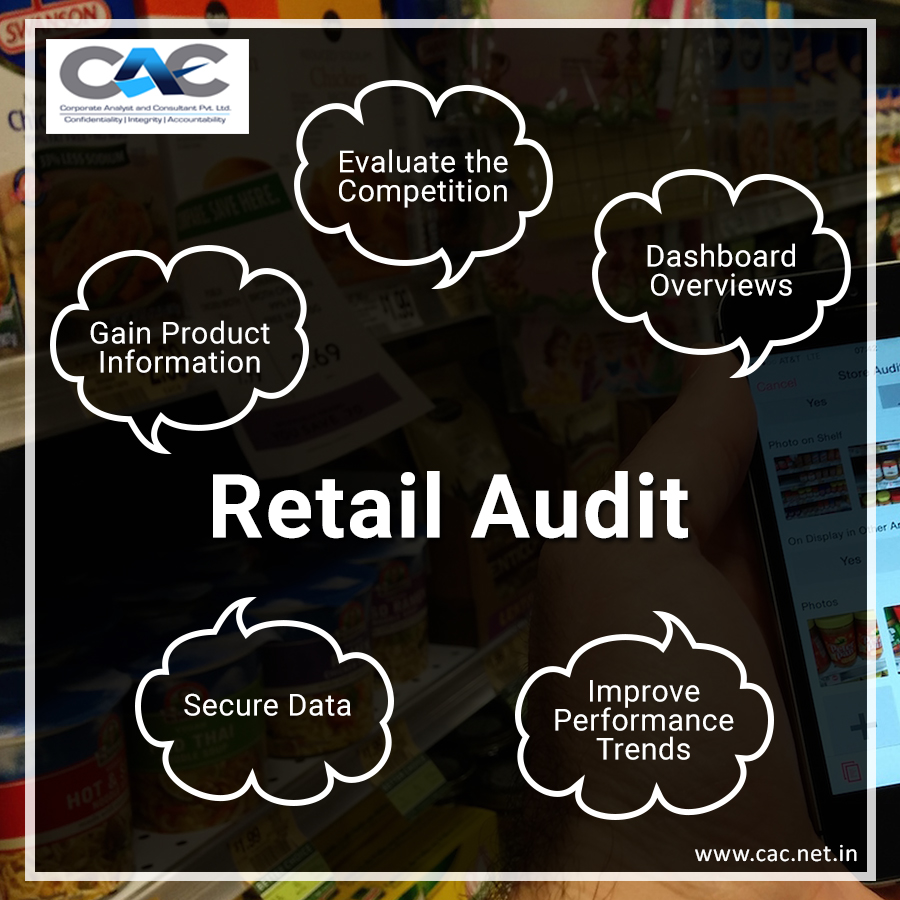Currently, internal audit is seen as an integral part of the management process and the essential element of corporate governance. The dynamic evolution of the global economy, the complexity of regulation and the technological progress of recent years are at the source of new tools and new orientations of the development of the internal audit helping to the management and generating the added value an organization. These latest opportunities have also brought an original image of the internal auditor, with skills and ethical practices tailored to customer requirements.
In a context of increasing demand for auditor services, researchers and practitioners are thinking about evaluating the performance of a company’s internal auditors. Researchers from different countries and members of the Institute of Internal Auditors are trying to find in their studies the best ways to evaluate the intervention of listeners both theoretically and practically.
The first definition of internal audit proposed by the internal audit companies in India highlighted the financial and accounting aspects. The subsequent amendments would broaden the tasks related to management evaluation and review, highlighting the function of monitoring and evaluating the functioning and development of the organization, and finally adopted in 2001 the definitive definition of an internal audit.
The results of some research have shown that the fall in audit performance was a result of the reduced remuneration of auditors. Admittedly, the results of the audit performance analysis can be influenced by the pricing policy of companies and elements of competition. The means to assess the performance of the audit are not sufficient because they do not take into account the primary objectives of the internal review.
Internal audit is currently covering more and more business areas and is becoming an essential part of management.

AUDIT PERFORMANCE IN PRACTICE
In practice, the performance review is reduced to analyzing the relationship between the overall results of the intervention and the respective advanced investment, expressed in the form of a quotient ratio (ratio of the results to the investment) or in the way of a differential report (results compared to investments, net income).
INTERNAL AUDIT XXI TH CENTURY
By analyzing different approaches by researchers to define the performance measures of internal audit intervention, we can see that these indicators have evolved along with the role of retail audit companies and the growing demands and expectations of the beneficiaries of the review. The evolution of the part of internal audit from the purely financial position to the insurance and advisory function, which is of great importance in the enterprise management system, has also demonstrated the necessary improvement in the performance of services.
The century should provide answers to the economic problems that arise and prevent new business risks, by referring to the latest results of economic and social research, as well as those of management theory and methodology, which make it possible to program internal auditing as a new management tool.
